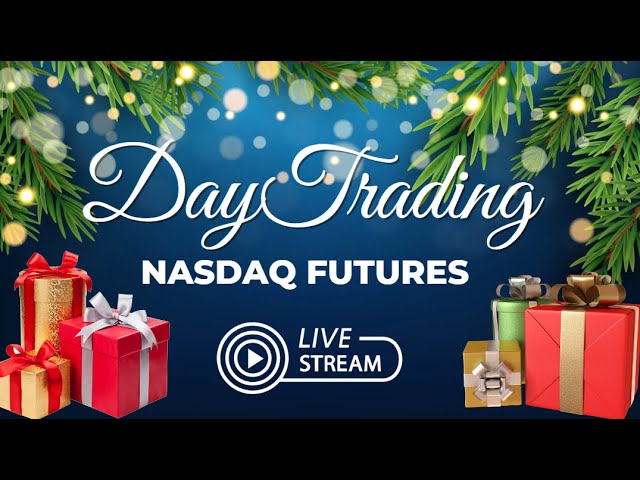The House Always Wins
If you’ve spent any amount of time in casinos, you probably know this statement to be true: The house always wins! The odds are stacked against you.

While visiting casinos and playing the table games can be exciting and fun, it is also a gamble you are sure to lose in the long term. Why? Because the house always has the edge. On every single table game offered in the casino, the house (casino) is a long term favorite to come out on top. So, you may have a few lucky trips to the blackjack table, but the numbers say that if you continue to play every single day, eventually the casino is going to come out on top and take your money.
Just take a look at this graph to see the house edge and your expected loss per $8000 bet on the most popular table games:

Pretty surprising to see the reality of the house edge, right?
Well, did you know that brokerages work in very similar ways to casinos?
It’s true. In fact, many times they are trading directly against you so you have to not only outsmart your broker and also the market - WOW the odds are stacked against you. Is that why 9 out 10 day traders fail? BECAUSE THEY DO NOT KNOW THIS???
HERE IS HOW IT WORKS....
Example: Symbol: XYZ Bid $7.44 Ask $7.45
Client A places a limit order to buy 1000 shares of XYZ at the ask price of $7.45 per share;
How a Marketable Limit Order is Handled:
The broker system will first check their inventory account to see if there is a long position in XYZ
if the your broker is long 1000 shares or more, the order will be filled from the brokers inventory account at the ask price of $7.45;
if the brokers inventory account has 1000 shares [or none]; it will fill the Client A’s order with whatever the brokers inventory account has, and if it can’t completely fill the order, the broker will check;
if there are other clients that have a sell order at the ask price of $7.45, then your broker will fill both orders up to the available shares; and
if Client A’s order still remains unfilled, the remainder of the order; may be filled principal making the brokers inventory account short or;
Your broker can trade XYZ risk-less principal which means the broker will buy XYZ shares in it’s inventory account and then sell them to Client A in order to fill the rest of its order.
Additionally, you may have noticed that while trading, you often get filled in your position then it goes right down before it may go back and start it's move or you get sold out of your position as soon as you put in that stop loss order $.10 cents lower. Your broker then shorts it down against you balancing inventory and takes your stock and then takes it right back up. You say "NO FFFFFFIIINGGGG WAY!!!! Now you know how the engine works a bit and if you trade with MOJO and the Day Trading team your chances of winning are greatly improved.
What is a “Buy-In” and when does it occur?

A Buy-in refers to a forced close out of a short position by your brokerage. Customers holding short stock positions are at risk of having these positions bought-in and closed often with little or no advance notice. This is a risk which is inherent to short selling and generally outside the control of the customer.
There 2 scenarios where Buy-ins could occur:
By our Corresponding Broker: This can happen without any notice to the brokerage firm. Once notified by the Corresponding Broker, your broker will then notify the customer as soon as possible.
By the Brokerage Firm: your broker is licensed for principal trading and can accept or deliver trades from its own inventory. Instances where the firm does not have inventory to deliver or cannot locate any in the market, a forced buy-in of short shares may occur. If enacted, this type of buy-in would only occur on stocks that are not on the day’s short list. Most brokers buy-in policy execute shares at the NBBO (National Best Bid or Offer). Once executed, your broker will then notify the customer as soon as possible. Buy-ins are not reported on a real-time basis, as brokers make a best effort to notify clients on a timely manor.
Examples - AQXP the buy in happened in 5 minutes from $40.00 to $55.00 as traders bet agianst it the day before as short at $5.00























